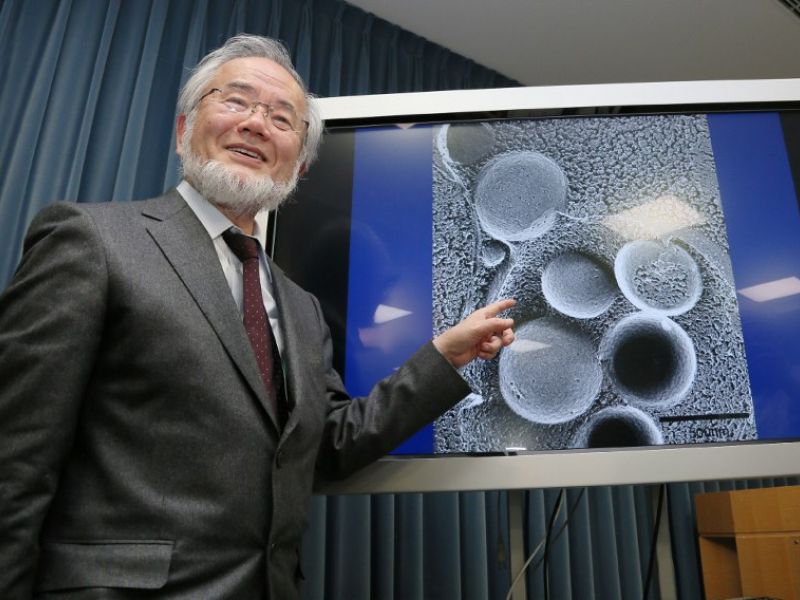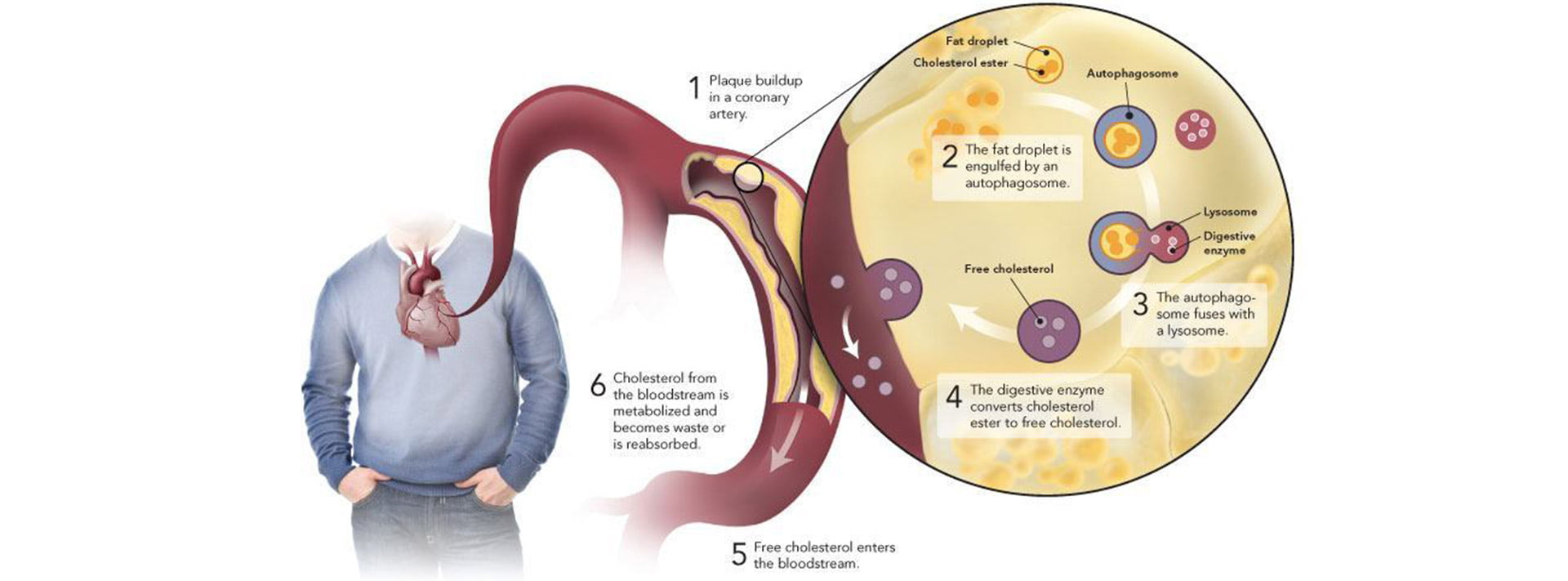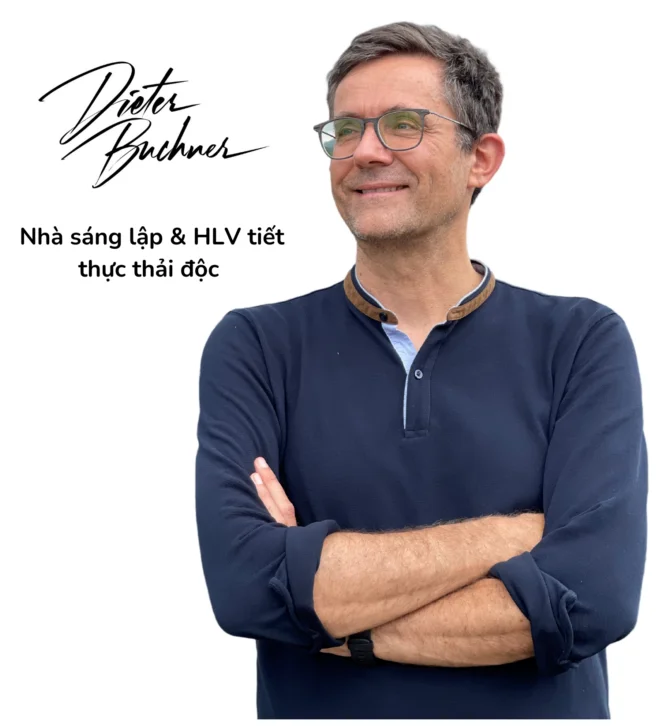HOW INTERMITTENT FASTING IGNITES CELLULAR AUTOPHAGY AND A LONGER, HEALTHIER LIFE
“Why would cells eat themselves?” you might inquire.
“To live longer and healthier”, I might respond.
Let me explain.
THE SKINNY ON CELLULAR AUTOPHAGY
- destroy invading viruses and bacteria; and
- rid themselves of damaged structures; a process which…
- is thought to get disrupted in cancer, infectious diseases, immunological diseases and neurodegenerative disorders; including Parkinson’s disease, type 2 diabetes and cancer.
“Every day we need to replace about 200 to 300g of protein in our bodies… We are eating proteins every day, about 70g, but that’s not enough to take care of the requirement to make new proteins. Because of this machinery, we’re able to rely on some of our own proteins, maybe the damaged proteins or the long-lived proteins, and they are recycled with this sophisticated machinery so that we can sustain and we survive.”
What she said is pretty straightforward, but I’ll repeat it:
Our bodies need more protein than we consume and autophagy recycles some of the protein already in us for our needs.
I wanted to show an illustration that depicts the process. Google images present many, and from their selection I chose one that illustrates how cellular autophagy could reverse a major cause of heart attacks.
Dr. Marcel and his team discovered that a new function for cellular autophagy – the mobilization and exportation of cholesterol from cells.
The Heart Institute research showed that autophagy could engulf and digest cholesterol accumulated in artery walls. “This process facilitates the removal of cholesterol and may provide an entirely new target to reverse atherosclerosis, the main cause of heart attack and stroke,” said Dr. Marcel.
(Read details of Dr. Marcel’s study here.)
INCREASE YOUR CELLULAR AUTOPHAGY WITH INTERMITTENT FASTING
In Three Ways To Stay Young, I explored the work of Dr. Michael Rozin, the less voluble partner of Dr. Oz. Pertinent to this article is Dr. Rozin’s exhortation to periodically fast.
Yes, unfortunately, you must restrict calories to induce robust cellular autophagy. The good news is that there are more ways to do this than starving yourself.
The typical CR (“caloric restriction”) method used by primates, including humans, to extend lifespan and health is to reduce caloric consumption by 30% across the board, as in every day.
Most of us rather chew ourselves to an early grave rather than subsist for the rest of our lives with a growling stomach.
The good news is that there may be methods to get the same life extension/health benefits of CR – much of which is thought to happen via cellular autophagy – without being hungry all the time, just some of the time.
Until you get used to it, that is.
I’m referring to intermittent fasting (“IF”). The neat thing about IF is that you can choose the methodology that best works for you:
- Eat from 1:00 PM to 8:00 PM, giving you 17 hours of non-eating, autophagy-boosting house cleaning (this is what I do); or
- Eat per usual for five days a week, and restrict calories to 500 two days a week; or
- Eat per usual for five days a week, restrict calories (500) for one day and fast for one day.
If you’re interesting in learning more about IF, read my article, Why Intermittent Fasting Is Your Ticket To A Long and Healthy Life.
Here’s how it starts:
Intermittent Fasting (“IF”) is your ticket to a long and healthy life because it mimics the only proven way to increase lifespan — caloric restriction. CR is very hard. IF can be easy, and the health benefits astounding. Take years off your biological age by selecting the IF program that works for you.
The article also contains Dr. Michael Mosely and his Eat, Fast & Live Longer (book link) video, and after that, some more information about choosing the best IF program for you.
Another article I wrote examined how cellular autophagy can reduce cellular senescence. Cellular senescence is the phenomenon by which normal cells cease to divide, thereby becoming “senescent”.
The article is called 11 Ways To Increase Your Lifespan, and in it I quoted an article published in Nature in 2016 that asserts:
“The regenerative functions of cells decline with age, leading to an irreversible senescence state. Autophagy can keep some of this from happening by reinstating in old cells their former capacity as young cells to maintain proper protein regulation (“proteostasis”), mitochondrial function and oxidative stress repair.”
Translation: Cells that have robust autophagy stay younger!
If you’re interested in this eating this way as part of your strategy to live a long and healthy life, check out BBC health journalist Michael Mosely’s books on the subject, and read my article on intermittent fasting, (Dr. Mosely’s work is summarized there too.)
I’ll leave you with two videos that might encourage you to try some form of IF:
More about Joe Garma
https://www.youtube.com/watch?v=w8UHzkXC4HQ&feature=emb_title



